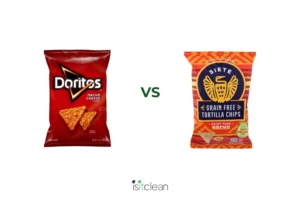
Acesulfame potassium is a zero-calorie sweetener that is added to many sugar-free…



Dipotassium phosphate (DKP) is a water-soluble salt produced through the chemical synthesis of phosphoric acid, obtained by reacting phosphate rock with sulfuric acid. Mono- and tripotassium phosphates are then reacted with potassium hydroxide to convert them into dipotassium phosphate. The resulting crystals are purified, and DKP is widely used as a food additive in processed foods for its emulsifying, stabilizing, and pH-adjusting properties.

Dipotassium phosphate (DKP) is a water-soluble salt produced through the chemical synthesis of phosphoric acid, obtained by reacting phosphate rock with sulfuric acid. Mono- and tripotassium phosphates are then reacted with potassium hydroxide to convert them into dipotassium phosphate. The resulting crystals are purified, and DKP is widely used as a food additive in processed foods for its emulsifying, stabilizing, and pH-adjusting properties.
Health is like a bank account, certain ingredients make a deposit into your health bank, meaning they add to
your health. Certain ingredients withdraw from your health bank. We want health promoting ingredients in our diet. To keep things simple, we rate ingredients on a green, yellow, red scale:

It is naturally occurring in food and has no harmful effects on the body. It is real food. It is health promoting.

It goes into one or more of the below categories

It is known to have a harmful effect on the body (ex. All food colorings, Natural Flavors, MSG, Potassium bromate, aspartame, artificial flavors)



The Food Showdown: Popcorners flavors
Ingredient Rating: Canola oil – is it bad for you?
Clean Consuming: Nourishment for your

We have accomplished so much in just 1 year since our launch in March of 2023! We now have 10,000

The Nacho Chip Food Showdown, is Tapioca Starch safe in food? and a must-see documentary on America’s food system.
Stay in the know with the latest ratings, articles, and our newsletter, The Dirt.